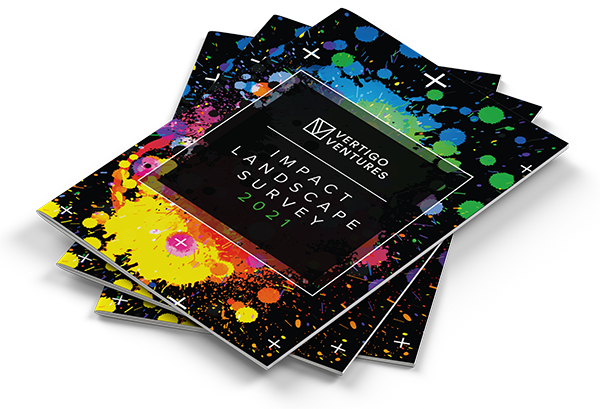The report delves into global perspectives on impact, primarily drawn from academics in Australia and the UK, covering areas such as prioritisation of research impact, progress towards the UN’s Sustainable Development Goal (SDG) target of 2030, and recognition of research beyond academia.
Download the Impact Landscape Survey 2021 for free!
Amongst the findings are that COVID has had a lasting and in many cases permanent effect on the way research is carried out, particularly around face-to-face collaborative work. Despite this, many participants expect research collaboration to have a bright future; 31% see increased collaboration on research activities, 94% the increased use of videoconferencing, and 66% the adoption of new forms of collaboration technology.
Although research impact remains a major priority for institutions – 79% of respondents considered it to be a very high or critical priority – adoption still has a way to go, with only 6% of participants believing that their institution’s adoption was extremely mature and integral to activities.
While some respondents consider national assessments to be the primary driver for impact focus, others see their institutions aiming towards targets such as the SDGs. However progress towards the 2030 target was seen to be slow, with just 12% of respondents believing that their institutions had made strong or very strong progress towards these targets.
Beyond academia, fewer than 10% of respondents felt that their research was recognised very highly by community, business, industry, policymakers and outside of the institution; whereas nearly 20% believe that their impact delivers Return on Investment (ROI).
The report also looks into a wide range of different strategies for approaching impact as well as some of the blockers preventing effective adoption and demonstration of social, economic and environmental results.
Alex Smith, Inbound Marketing Manager at Vertigo Ventures, commented:
“The Impact Landscape Survey has shown some expected trends – such as slower progress towards SDGs, and the detrimental effects of a global pandemic on research collaboration – but also quite a lot of variety from institution to institution.
“Generally we can see that on a global scale Australian and UK attitudes towards impact are quite similar, particularly with several respondents expecting impact focus to pivot around national assessment submissions. However, strategic focus is much less consistent, with many participants reporting that they felt higher prioritisation of impact at a senior management level would have favourable results in improving social, economic and environmental outcomes and progress towards the Sustainable Development Goals.
“There is certainly work to be done, but despite the pandemic there are a lot of positives, particularly around how institutions are expected to adapt to new works of collaboration.”
JOIN OUR MAILING LIST
and keep up-to-date with everything impact related.

